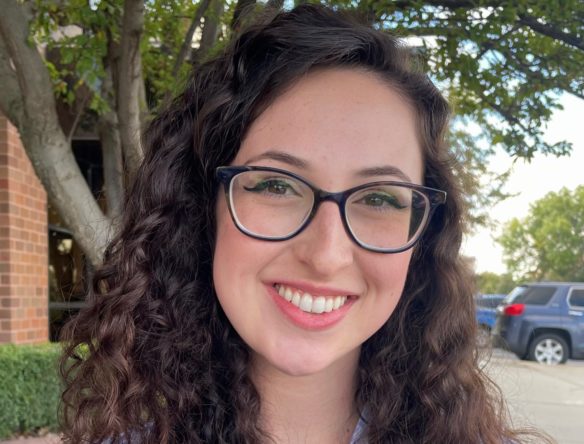Get help now
Call or Text 988
Sleeping is Self-Care
Sleep is one of the most beneficial things for your physical and mental wellbeing. Often, a good night of sleep is a remedy for many obstacles in life. Sleep is the best thing to do when you’re sick, it can help improve mood, and helps retain memory. However, it’s often the first thing you sacrifice to get your to-do list done.
Sleeping is a form of self-care. Like anything, too much sleep can be negative, or a sign of a greater issue. However, if you struggle to get enough sleep like I do, then I consider taking a nap one of the most beneficial self-care practices in my toolbox. My anxiety and mood swings seem to be correlated with getting less than 7 hours of sleep a night. Often, the first few thoughts that come to mind when I wake up are much more negative when I have not slept enough. My outlook for the day is usually more optimistic and positive when I wake up from a restful 8 hours of sleep.
Sleep is such a tricky thing to master because life is so unpredictable, and events might happen at any time. Everybody has different sleep habits, and in the day and age of many distractions, it can be challenging to put down our phones and get some shut-eye.
Here are some tips to improve sleep:
- Change your perception and relationship with sleep: Changing your perception of sleep can affect your entire relationship with it. Recently, I started viewing sleeping as an opportunity to take care of myself and something that is a priority to me. I traditionally have always felt guilty for sleeping and felt like a lack of sleep was inconsequential to my health, because I have functioned for so long off so little of it. However, by changing those beliefs, I have allowed myself to be okay with sleeping more and not feeling guilty about it.
- Find your ideal sleeping environment: Determine what temperature you like the room, how dark you prefer it, add music or noise machines, or switch out your pillow. There are so many ways you can tailor your sleep environment to perfectly suit your needs and this is a fun step to experiment with!
- Create a routine: Create a cue for your brain to sense that it’s time for bed. This could look like establishing a night routine, stepping away from your electronics for the night, or reading 10 pages of a book in bed before you fall asleep. Again, there are many ways to make this your own, but you won’t know what works best for you if you don’t try different things!
- Set sleep goals: If you really want to prioritize your sleep, I recommend setting sleep goals for yourself. My goal is to have a minimum of 7 hours a night. Anything less than that is recovered through a nap the next day. I know how important sleep is for my mental health, so it’s a crucial part of my self-care plan.
- Enjoy yourself: Going to sleep can be a terrific opportunity to temporarily lose yourself in your own world. This is your chance to deliberately switch off and discover the workings of your own mind! Our minds use sleep as a means of escape from the outside world and as a window into some incredibly fascinating dreams. Since sleep is a necessary part of life, why not enjoy it?
Sleeping is a great way to refresh your body and gain mental clarity. Try prioritizing it for just a week and notice any changes that occur. Practicing self-care can look so many ways, so if you’re searching for something new to try, getting more sleep is something I highly recommend.

Ashlee Zaragoza, Outreach Coordinator
Ashlee Zaragoza is an Outreach Coordinator at The Kim Foundation. She earned her bachelor’s degree in Multidisciplinary Studies with a concentration in Leadership from UNO in December of 2022. Ashlee has previous experience in leadership, management, hospitality and training development. Ashlee’s life experiences and passion for suicide prevention and mental health advocacy brought her to The Kim Foundation as a volunteer in May 2023. Ashlee’s passion for people has driven her into this role where she will be a supportive resource and compassionate voice for those affected by suicide and mental health. She currently focuses on outreach through presentations, events, and community initiatives.